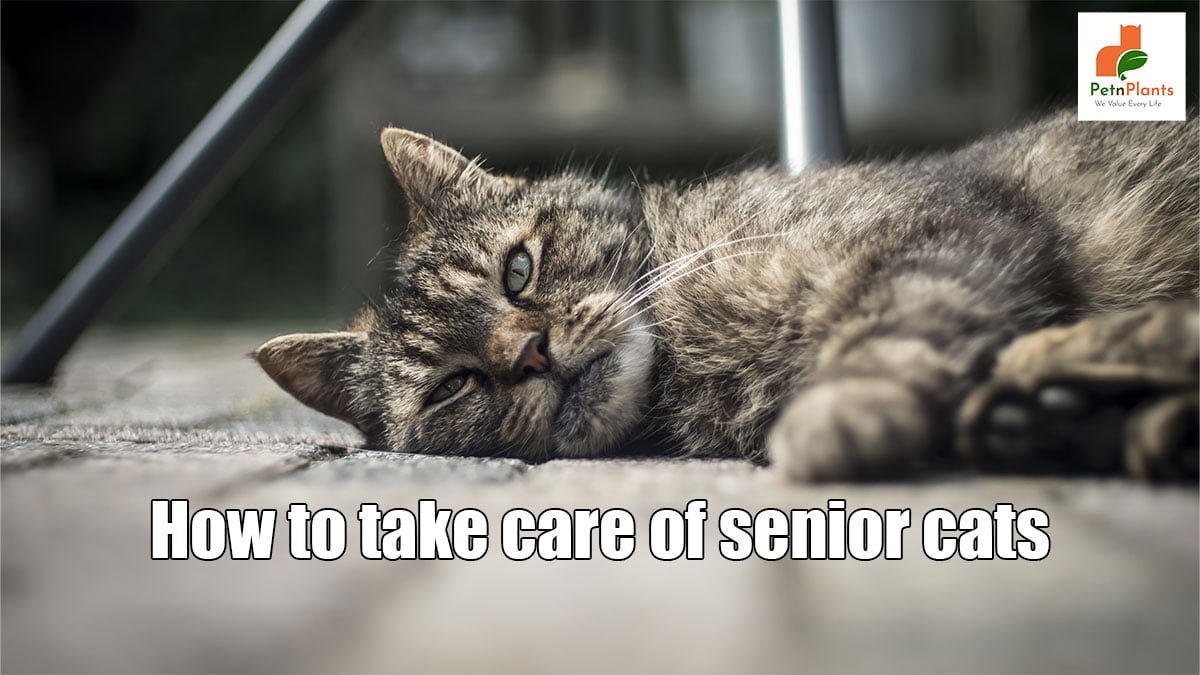How To
Latest
Pet Care
How to Groom Your Dog at Home with the Right Dog Grooming KitMarch 19, 2025
We Value Every Life

Caring for a senior cat can be both rewarding and challenging. As your cat enters its golden years, you may notice changes in its appearance, behavior, and overall health. While it’s normal for cats to slow down as they age, there are still many ways to keep your senior cat happy and healthy. This blog post will explore some of the best ways to take care of your senior cat. From dietary changes to exercise and more, read on to learn how you can give your aging feline the best quality of life possible.
As our feline friend’s age, they undergo many of the same changes we do. They may lose interest in playing and become more prone to napping. Their metabolism slows down, which can lead to weight gain or loss. Joints may stiffen, and muscles may waste away. Like with people, all of these changes are a normal part of the aging process in cats.
However, there are some things you can do to help your senior cat live a happy, healthy life. First, make sure they are getting enough exercise. Even though they may not be as active as they once were, they need to stay active to keep their muscles strong and joints limber. You can do this by providing them with plenty of toys and scratch posts to keep them entertained.
Secondly, pay close attention to their diet. As they age, cats may need more or less food than they did when they were younger. It’s important to consult with your veterinarian to find out how much food your cat needs and what type of food is best for them. You may also consider supplementing their diet with vitamins or other nutrients for senior cats.
Finally, don’t forget about the power of love and affection. As your cat ages, it will appreciate spending more time with you just relaxing and being petted. So make sure to give them plenty of love and attention – it will do wonders for their health.
As your cat gets older, it will start to experience age-related changes. Here are some signs that your cat is getting old:
If you notice any of these changes in your cat, it’s important to take them to the vet for a checkup. Age-related health problems can be managed with medication and proper care, so it’s important to catch them early.
As your cat enters their senior years, you may notice changes in its behavior or appearance. They may become more sluggish and less active, sleep more often, and have a reduced appetite. Their fur may also appear thinner and duller.
If you notice any of these changes in your cat, it’s important to take them to the vet for a checkup. These changes could be signs of underlying health problems that must be addressed. Additionally, you’ll want to ensure that your senior cat gets the proper nutrition and exercise to keep them healthy and comfortable in their golden years.
As our cats age, they require special care and attention. Here are some tips on how to take care of your senior cat:
As our cats age, they may experience changes in their health and behavior. Here are a few tips to help make your senior cat more comfortable:
As our cats age, it’s important to take extra care of them to stay healthy and happy. Senior cats require a little more attention than younger cats, but with some simple changes to your routine, you can make sure your senior cat gets everything she needs.
0